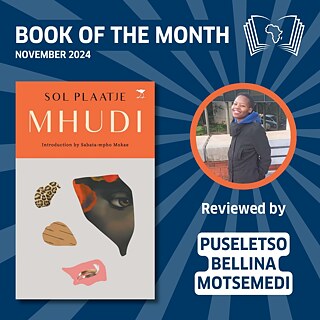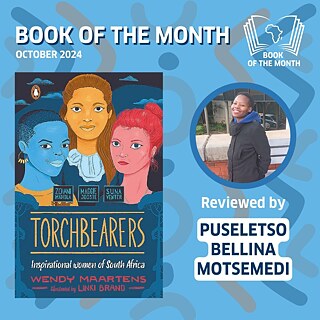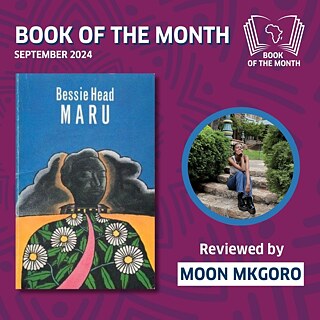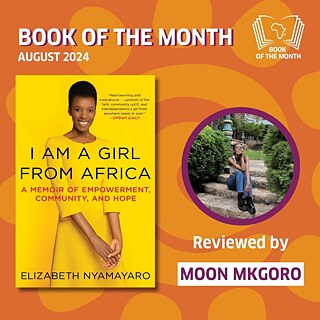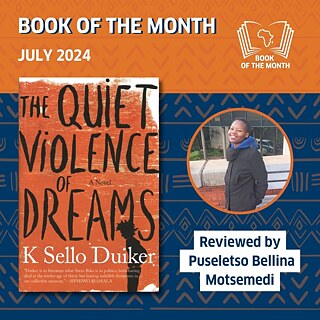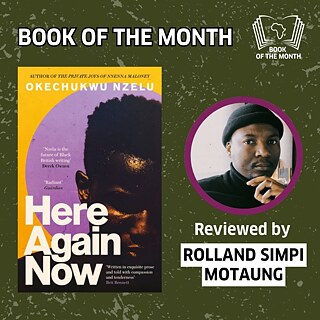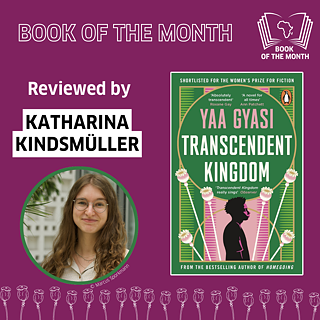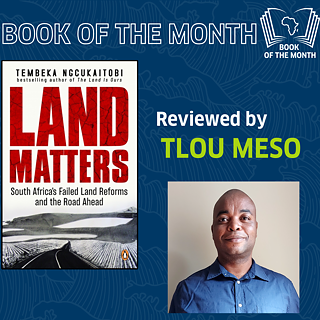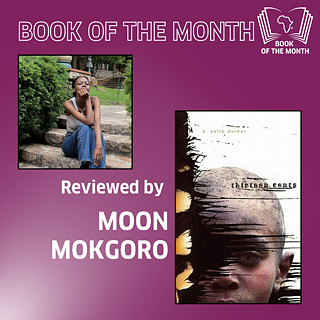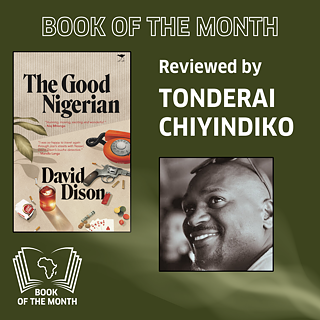September: Maru
REZENSION VON MOON MOKGORO
ÜBER DAS BUCH UND DIE AUTORIN
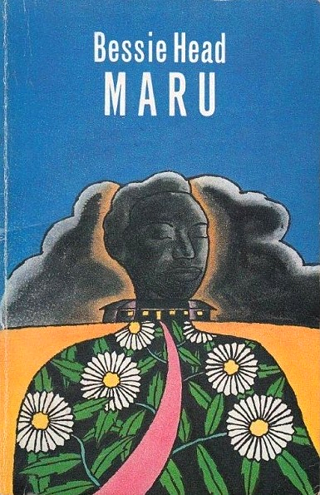
DIE GESCHICHTE
Maru is a story about a Masarwa woman, Margaret Cadmore, who was adopted and raised by a white woman during a time when the Masarwa people of Botswana were heavily discriminated against. Head writes “Masawra is the equivalent of ‘nigger’, a term of contempt which means, obliquely, a low filthy nation.” The treatment of the Masarwa people was so poor that when Margaret’s birth mother died, the locals were too disgusted by her to treat her body with any form of dignity. After being a mother,
role model and teacher to her, Margaret’s adoptive mother left Botswana, and Margaret moved to the village of Dilepe to become a teacher. In Dilepe, the Masarwa people experienced cruelty and slavery. Margaret’s presence in the village, her education, cultural knowledge and confidence in who she was unsettled its residents leaving her isolated from the community. Though isolation was what she experienced most, she found compassion and friendship within Dikeledi, a key character in the telling
of Margaret’s story. Additional characters that make Maru the wonderful piece of literature that it is are Maru and Moleko – two men who hold high positions within society as well as have a heavy influence on Margaret’s experiences in the village.
Through Dikeledi, Head explores friendship, camaraderie, love, and deep yearning. Through Maru and Moleko, she captures contempt, anger, destruction, hierarchies, and cruelty. And through Margaret, Head explores discrimination, judgement, confidence, and curiosity. But through each and every character, though all different from one another, Head delves into the complexities of the human experience, the complexities that pass through us and our lives as a consequence of being sentient, of being alive.
Weaved with stories of love, racism, sexism, exploitation, classism, yearning, and so much more, Head explores humanity in only a few pages. She writes about oppression in all its forms – from being
experienced through cruelty, “Something they as Africans like to pretend themselves incapable of – being oppressive and prejudiced – was being exposed,” to being experienced through imprisonment by
love, “there were ways of killing people without knives and guns and he had only to say: ‘I did it for her, because I love her,’ and [she] would have been shot dead by an invisible but fatal bullet.”
Maru is an unforgettable and iconic piece of literature, written by a woman whose work should and will be treasured for years to come.
Über die Verfasserin
-

Moon Mokgoro
Moon Mokgoro is a student and artist.© Moon Mokgoro Some of her favourite books include Play It As It Laysby Joan Didion and The Great Gatsby by F. Scott Fitzgerald. An author that she loves is June Jordan and in her free time Moon loves to draw, write, and experiment with photography.
Weitere Informationen
Diese Rezension ist die Neunte in der neuen Reihe Buch des Monats vom Goethe-Institut Südafrika.
Jeden Monat schreiben Südafrikaner*innen für Südafrikaner*innen eine weitere Rezension, schauen Sie gerne wieder vorbei.
Alle Bücher sind bei uns zur Ausleihe in der Bibliothek zu finden, die Bibliotheksmitgliedschaft ist kostenfrei.
Jeden Monat schreiben Südafrikaner*innen für Südafrikaner*innen eine weitere Rezension, schauen Sie gerne wieder vorbei.
Alle Bücher sind bei uns zur Ausleihe in der Bibliothek zu finden, die Bibliotheksmitgliedschaft ist kostenfrei.
weitere Rezensionen von "Buch des Monats"
Hier finden Sie alle Rezensionen der Reihe Buch des Monats. Alle Bücher finden Sie in unserer Bibliothek in Johannesburg zur Ausleihe.
